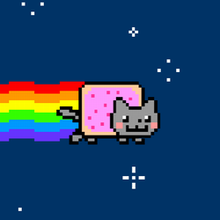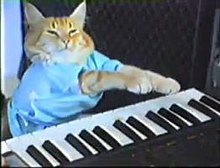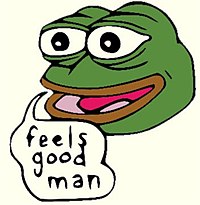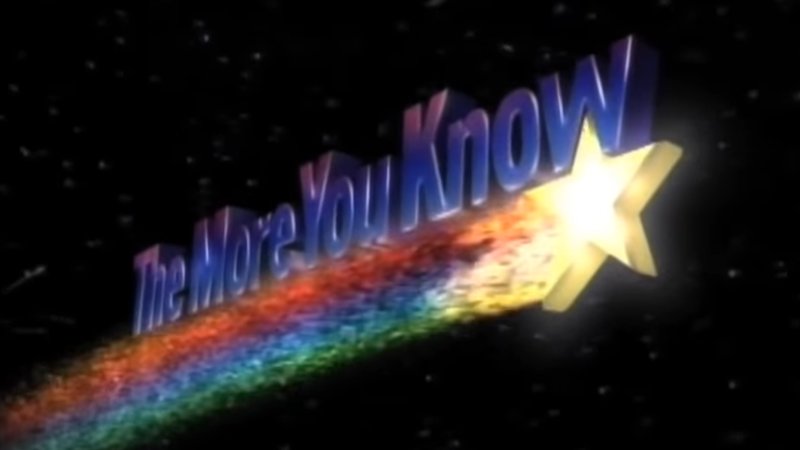Copyleft or Copyright: Exploring Copyright Protections of Memes
Memes have been ubiquitous with internet culture for decades now. In the context of the internet, memes often take the form of images, videos, phrases, or concepts that are shared and remixed by users. They can be humorous, satirical, or convey a particular message or emotion. Memes often are best at communicating a shared experience or emotion in a succinct and often humorous way. Memes can also evolve over time, with variations and reinterpretations emerging as they spread through online communities.
In the scope of intellectual property, copyrights are exclusive legal rights granted to creators of original works, such as music, literature, images, and videos, to control the use and distribution of their works. In the digital age, copyrights have become increasingly important for protecting the rights of creators and ensuring that they are properly compensated for their works.
Does that mean that these memes qualify for copyright protections? In short, yes. Memes are copyrightable, but due to the nature of some memes being based on pre-existing images, videos, or text there are limitations to these copyright protections. In many cases, the original creator of the content being used in a meme holds the copyright to their original material. When someone creates a meme using copyrighted material without permission, they are technically infringing on the copyright holder’s rights. Yet, when the original creator of the content then uses their work for a meme, they maintain copyright protections over their work.
However, since memes generally spread and evolve as they travel through the internet, the world of memes often operates in a gray area when it comes to copyright law. Many memes are created and shared in a way that falls under the doctrine of “fair use”. Fair use is a legal doctrine that allows for the limited use of copyrighted material without the copyright holder’s permission, under certain circumstances. Fair use is based on the principle that certain uses of copyrighted material serve the public interest by promoting creativity, innovation, education, and free expression. Whether a derivative work qualifies as fair use can depend on factors such as the purpose and character of the use, the nature of the copyrighted work, the amount and substantiality of the portion used of the copyrighted work, extent to which the original material is transformed, and the potential impact on the market for the original work.
In the context of memes, fair use may apply when the original copyrighted material is transformed or repurposed in a way that creates new meaning or commentary, and when the use does not negatively impact the market for the original work. In practice, copyright holders may choose not to enforce their rights against meme creators due to the viral and often non-commercial nature of meme sharing. Additionally, some copyright holders may see memes as a form of free advertising or as contributing to the cultural relevance of their work. Overall, while meme makers may technically be subject to copyright laws, the enforcement and interpretation of those laws in the context of memes can vary widely.
While it’s not common for meme creators to sue for misuse of their memes, there have been a few instances where legal action has been taken. However, these cases are relatively rare and often complicated by the fact that memes are built upon existing cultural references and frequently involve the use of copyrighted material.


One such case involved the “Nyan Cat” meme. In 2013, the creator of Nyan Cat, Christopher Torres, filed a lawsuit against Warner Bros. and 5th Cell Media, alleging copyright infringement. Torres claimed that the companies had used Nyan Cat and another character, “Keyboard Cat,” in the video game “Scribblenauts” without permission. The case was eventually settled out of court.

Another case is the “Pepe the Frog” meme, which became associated with various internet communities but was later co-opted by hate groups. The original creator of Pepe the Frog, artist Matt Furie, pursued legal action against individuals and organizations misusing the character for hateful purposes. Furie has only been successful in some cases in getting unauthorized uses of Pepe removed.

More recently, former U.S. Representative Steve King and his political campaign were sued by Laney Griner who’s picture of her son has been made into the “Success Kid” meme. In late 2023, a jury found that King’s campaign infringed the copyright and awarded Griner $750 in damages. King has since appealed, and the case was heard in the Eighth Circuit Court of Appeals on March 12, 2024.
Overall, while there have been instances of meme creators taking legal action to protect their work, such cases are relatively rare and can be difficult to litigate due to the nature of memes and the complexities of copyright law. Additionally, many meme creators may choose not to pursue legal action, either due to the costs involved or because they see the spread of their memes as part of internet culture. Regardless of your views, the intricacies of copyright protections are ever evolving in our internet culture and continue to be swayed by the public. So, you can feel safe as you keep liking those memes that you come across on your social media feeds.

Ashley E. Holland is a Patent Attorney at McKee, Voorhees & Sease, PLC in the Chemical and Biotechnology Practice Group. For additional information please visit www.ipmvs.com or contact Ashley directly via email at ashley.holland@ipmvs.com.
The opinions expressed are those of the authors on the date noted above and do not necessarily reflect the views of McKee, Voorhees & Sease, PLC, any other of its lawyers, its clients, or any of its or their respective affiliates. This post is for general information purposes only and is not intended to be and should not be taken as legal advice. No attorney-client relationship is formed.
← Return to Filewrapper